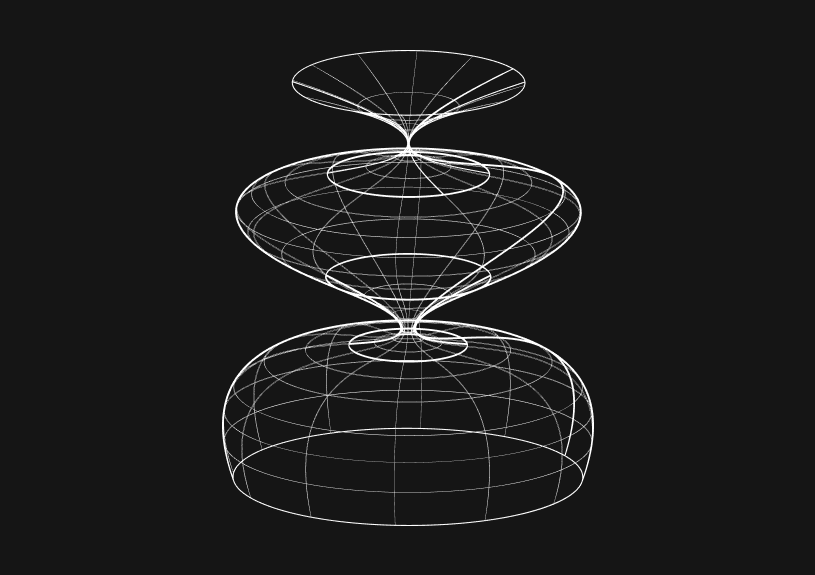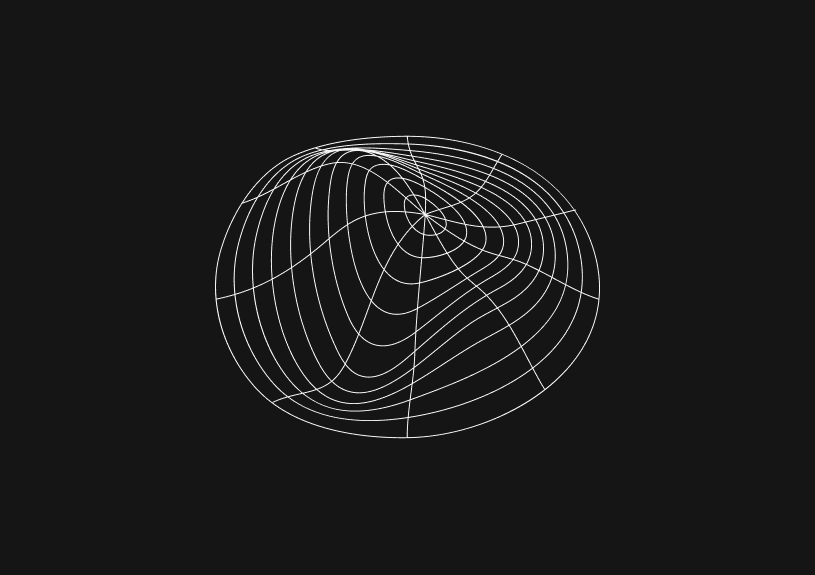
Mastering MySQL Cast: Converting Data Types with Ease
Casting in MySQL lets you change a value from one data type to another, ensuring compatibility and proper formatting in your database operations. MySQL's CAST() and CONVERT() functions are key tools for explicit data type conversion, useful in a range of scenarios from data type mismatches to specific formatting needs.
How do you use the CAST() function?
To change a value's data type in MySQL, you use the CAST() function. The syntax is fairly straightforward:
CAST(expression AS type)
For converting a string into a date, the command looks like this:
SELECT CAST('2023-01-01' AS DATE);
What about the CONVERT() function?
CONVERT(), similar to CAST(), changes a value's type but also supports additional formatting options. Its syntax goes like:
CONVERT(expression, type)
To convert a datetime to a date string in format YYYY-MM-DD, you would use:
SELECT CONVERT('2023-01-01 12:00:00', DATE);
Why is casting important?
Casting proves essential when dealing with data type discrepancies. Whether it's comparing strings with numbers, adjusting data formats before operations, or displaying data in user-specific formats, casting ensures your data aligns with operation requirements and presentation standards.
Examples of casting
Here are practical examples illustrating MySQL casting in action:
-
Converting strings to integers:
SELECT CAST('123' AS UNSIGNED INTEGER); -
Changing datetime to date:
SELECT CAST(NOW() AS DATE); -
Formatting a number as a decimal:
SELECT CAST(123 AS DECIMAL(10,2));
Casting serves as a crucial feature in MySQL, offering the flexibility needed for precise data type conversion and ensuring operations and outputs adhere to required data standards. It supports maintaining data integrity and enhances the clarity of your results, whether you're adjusting database schemas, analyzing data, or preparing reports.
Invite only
We're building the next generation of data visualization.
How to Add Columns to MySQL Tables with ALTER TABLE
Robert Cooper
How to Add Columns to Your MySQL Table
Max Musing
Pivot Tables in MySQL
Robert Cooper
How to Rename a Table in MySQL
Max Musing
How to Optimize MySQL Tables for Better Performance
Robert Cooper
How to Display MySQL Table Schema: A Guide
Jeremy Sarchet





